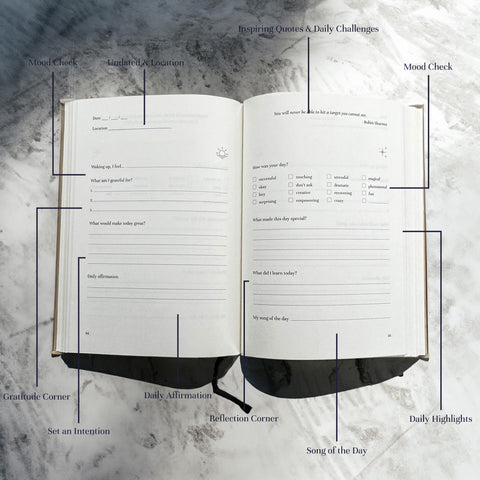Exploring Your Comfort Zone: What It Is and How to Step Out Of It
The term comfort zone was initially coined in 1991 by management thinker Judith Bardwick who described it as an “anxiety-neutral condition”. It is defined as the behavioural and emotional space in which things feel familiar, safe and at ease. Stepping out of our comfort zone is scary, but essential for personal growth.
Why should I leave my comfort zone?
Being comfortable and free of anxiety feels great. So why would we abandon this state and engage in anxiety-provoking behaviours?
Experiencing a little stress and anxiety now and then is actually worth it. Within our comfort zone, there isn’t much incentive to reach new heights. When we seek the uncomfortable, we access our our untapped potential and expand our skills and abilities. You have no idea what you’re capable of until you venture outside of your own familiar world.
It also helps us overcome fears and limiting beliefs about ourselves. Neurological research has shown that consistently repeating an action leads to clear physical changes in the brain irrespective of your genetics.. We can literally throw all those labels down the drain. You are not this person or that person and you are not bound to repeat the same fate as your ancestors. You can take small steps to venture outside of your comfort zone and become the person you
Live life outside your comfort zone and you can witness that you
5 Steps To Take Today To Leave Your Comfort Zone
You might be thinking: Stop this. Journaling is not the magic pill to all my problems in life. And you are right: it is not. It is the actions you take out there in the real world that lead to sustainable positive change. However, journaling or introspection in general is a great way to facilitate this process. In order to leave your comfort zone, you first need to understand the fear, doubts and limiting beliefs that keep you confined in it.
If you want to access your growth zone today, these are things you can start doing
Step 1: Identify Your Comfort Zone:
Take a few moments to reflect on the areas of your life where you feel comfortable and secure.
- What are the habits, people and environments that make you feel safe and at ease?
- What are the things that cause you to feel embarrassment or shame and why do you think that is?
- Do you have any fears, doubts, and limiting beliefs that keep you confined within your comfort zone?
Step 2: Set Clear and Specific Goals
Choose one area where you want to step outside your comfort zone. Set a clear and specific goal related to that area. For example, if you want to improve your public speaking skills, a goal could be to give a short presentation at a local club or organisation within the next month. Make sure your goal is achievable but stretches your current comfort.
Step 3: Take Small Steps
Break down your goal into small, manageable steps. Start with the first step today. For example, if your goal is to give a presentation, the first step could be to research and outline your topic. Take action on that step today by spending 15 minutes researching and brainstorming ideas. Remember, the key is to start small and build momentum.
Step 4: Embrace Discomfort
Recognise that stepping outside your comfort zone will likely involve discomfort and uncertainty. Embrace these feelings as signs of growth and progress. Whenever you feel fear or resistance, remind yourself of the personal development that awaits you on the other side. Embrace the discomfort as an opportunity for self-discovery and learning.
Step 5: Seek Support and Accountability:
Share your goal and journey with a trusted friend, family member, or mentor. Ask them to become your accountability buddy and help you stick to your commitment.. Regularly check in with them to share your progress, challenges, and victories. Having someone to share the journey with can provide encouragement, motivation, and a fresh perspective.
Main takeaway: We have it within ourselves to make big changes. All it takes is the first step.






